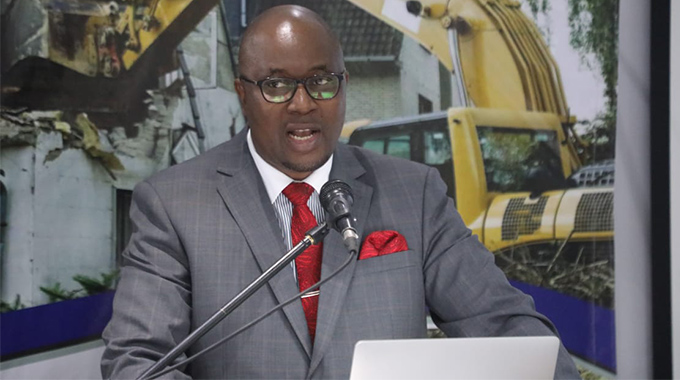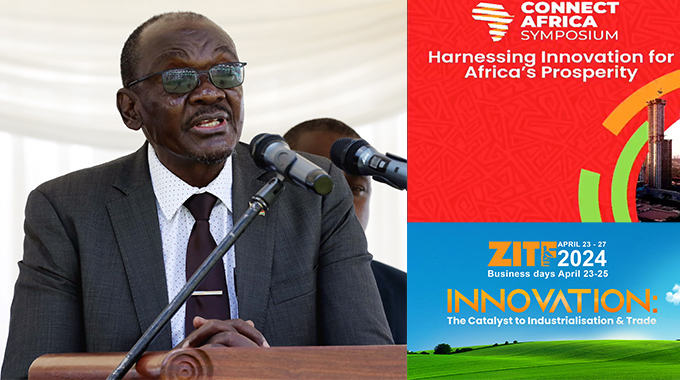EU resumes direct aid to Zim
HARARE — The European Union has lifted its 12-year suspension of direct financial aid to the government of Zimbabwe, imposed after allegations of rights abuses by President Mugabe’s administration, an EU official announced yesterday.
Officials said this is a major step towards the normalisation of ties but hastened to caution that the removal of the sanctions imposed in 2002 will not yield immediate results, citing the need to rebuild trust after years of frosty relations.
The bloc will, from 2015, start a 234 million euro ($300 million) five-year funding programme to support health, agriculture and governance initiatives.
The EU move confirms a February decision by the 28-member bloc to resume direct aid to Harare, citing improvements in the political environment after the adoption of a new constitution and peaceful elections last year.
Apart from suspending direct aid, the EU also imposed travel restrictions and asset freezes on President Mugabe, his family, political associates and senior government officials, but has eased these progressively since the veteran leader formed a power-sharing government with the opposition in 2009.
President Mugabe, who retained full control of the government after another election last year, and the First Lady are the only ones still subject to the travel ban, while a state-owned arms firm is also under an arms embargo.
The EU, which has remained a major donor to Zimbabwe, has channelled funds through non-governmental organisations and multi-lateral agencies, spending 1,5 billion euro ($2 billion) since 2002.
“We are most happy today to announce that the EU council confirmed this position and that appropriate measures will indeed effectively be lifted this weekend,” EU ambassador to Zimbabwe, Philippe Van Damme, flanked by diplomats from 10 EU states, told journalists in Harare.
The ambassador said the travel ban and asset freeze on President Mugabe and his wife as well as the arms embargo on the country will be reviewed next February.
Van Damme dismissed claims that Zimbabwe had suffered under sanctions, adding that despite the measures, the country still enjoyed tariff and quota-free access to the EU markets under the Cotonou Agreement.
“We never had any trade sanctions vis-a-vis Zimbabwe, Zimbabwe always benefited from privileged access to European markets.
“I am stressing this because it is critically important to understand our relationship,” he said. — The Source










Comments